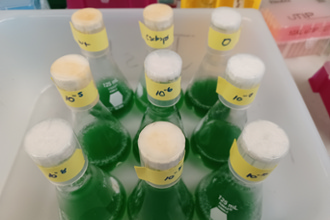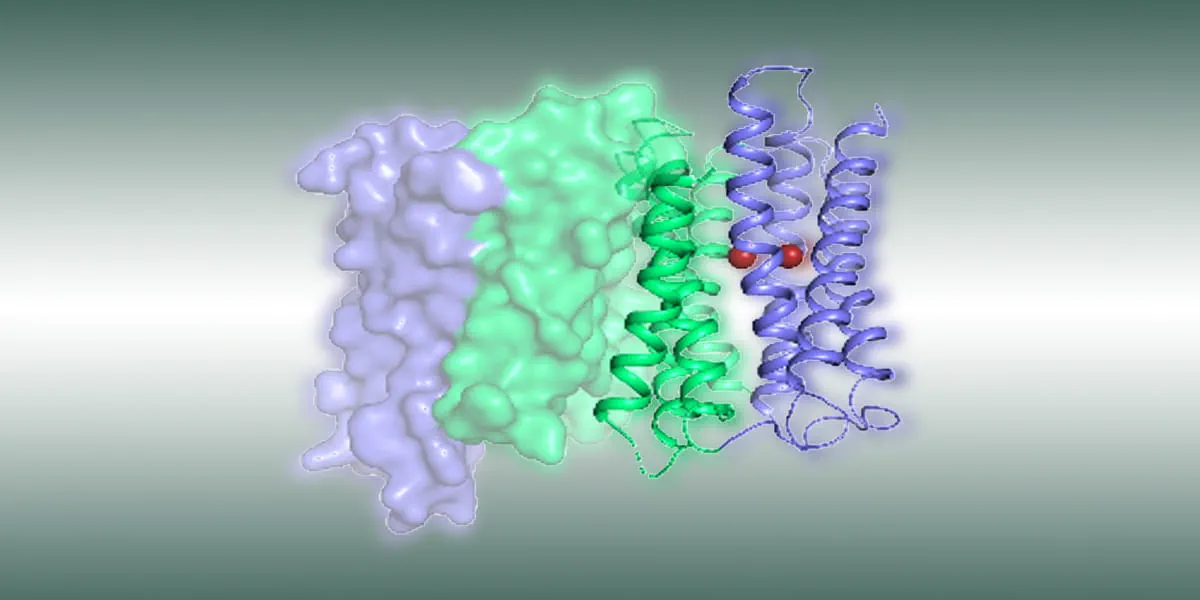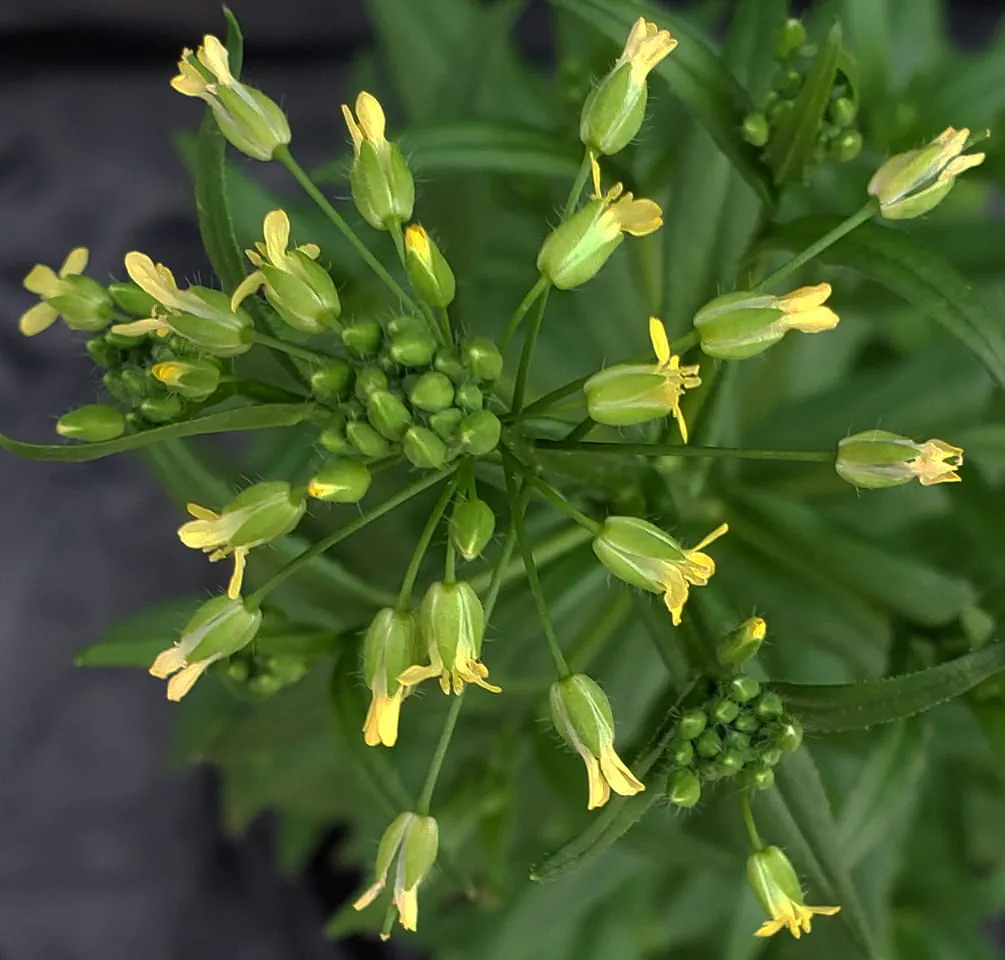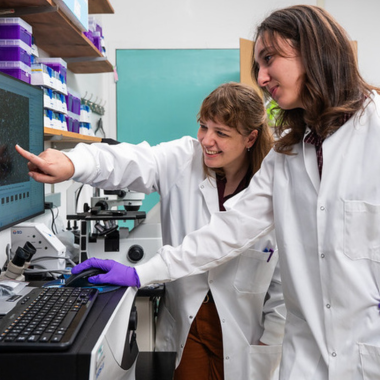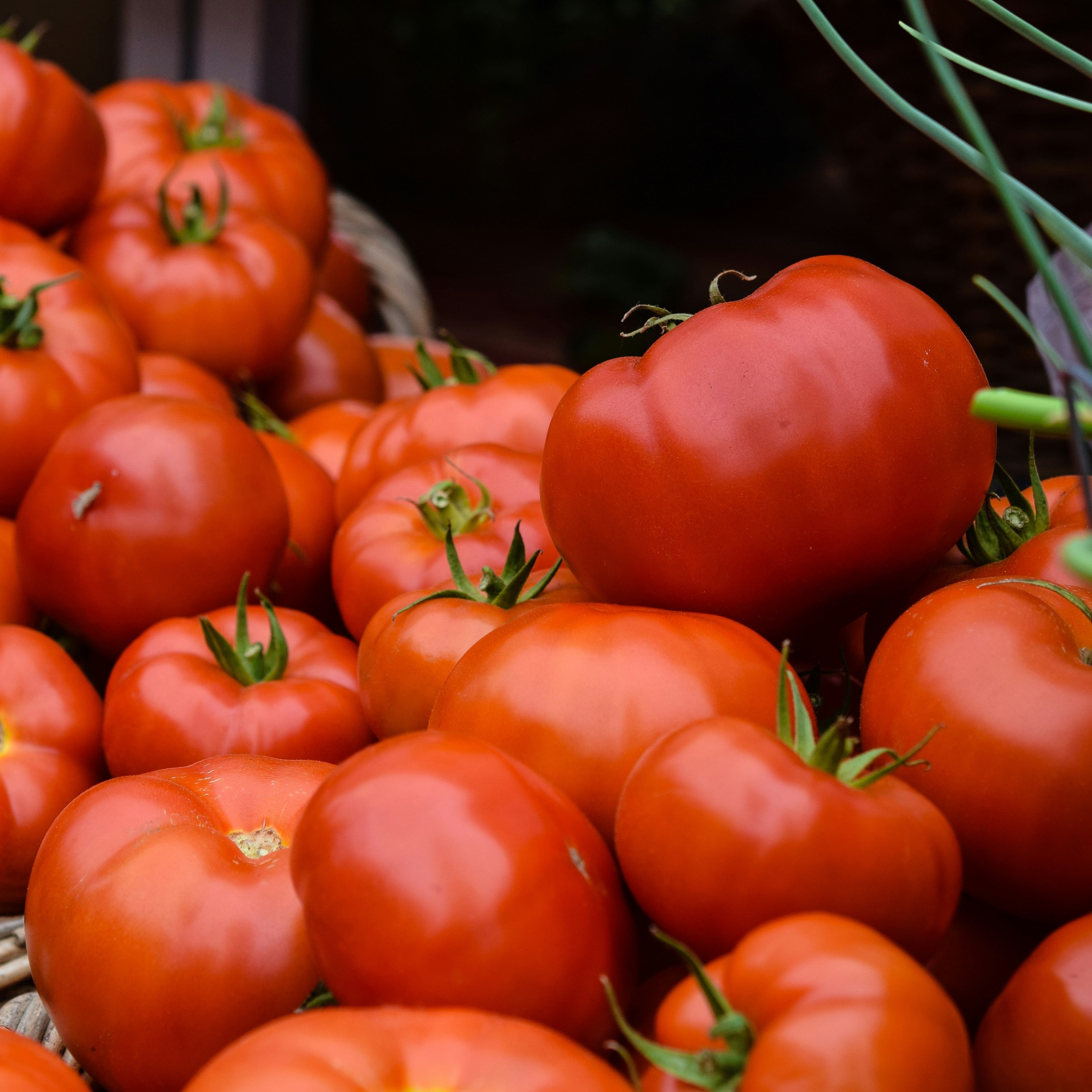News
April 3, 2023
The researchers in the PRL Ducat lab show Cyanobacteria, photosynthetic microorganisms which have widespread uses in the production of pigments, antioxidants and supplements and potential ones in biofuels and plastics, have a new way to communicate to control their population.
March 28, 2023
MSU Research Foundation Professor Guowei Wei was among 140 colleagues who make up the AIMBE College of Fellows class of 2023
March 24, 2023
Michigan State University researchers have discovered a molecular mechanism that connects plant root growth to phosphorus availability.
March 9, 2023
Spartan researchers help show how omnipresent biomolecular machines with important health implications transport metals
January 23, 2023
MSU researchers have traced the evolution of mint genomes for potential future applications that range from medicines to pesticides to antimicrobials.
December 15, 2022
With nearly $11M from DOE, MSU is leading a collaboration to usher the US into new frontiers of clean energy with inspiration from microbes
December 9, 2022
MSU earns $2M DOE grant to improve the oilseed yield of Camelina sativa, a common plant that could provide cleaner jet fuels and teach us about other important crops
October 5, 2022
October 4, 2022
Toufic Jildeh returns to MSU as a Team Physician for MSU Athletics and the U.S. Olympic Ski & Snowboard Team
